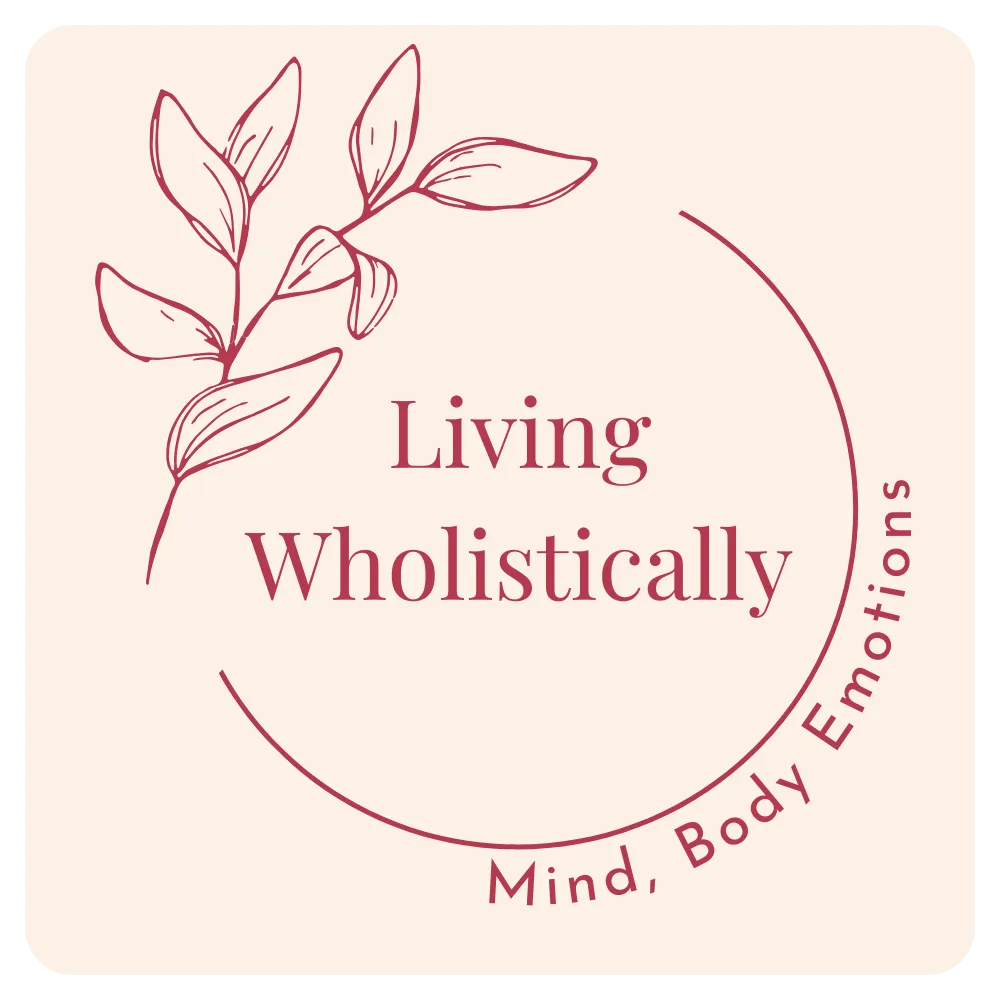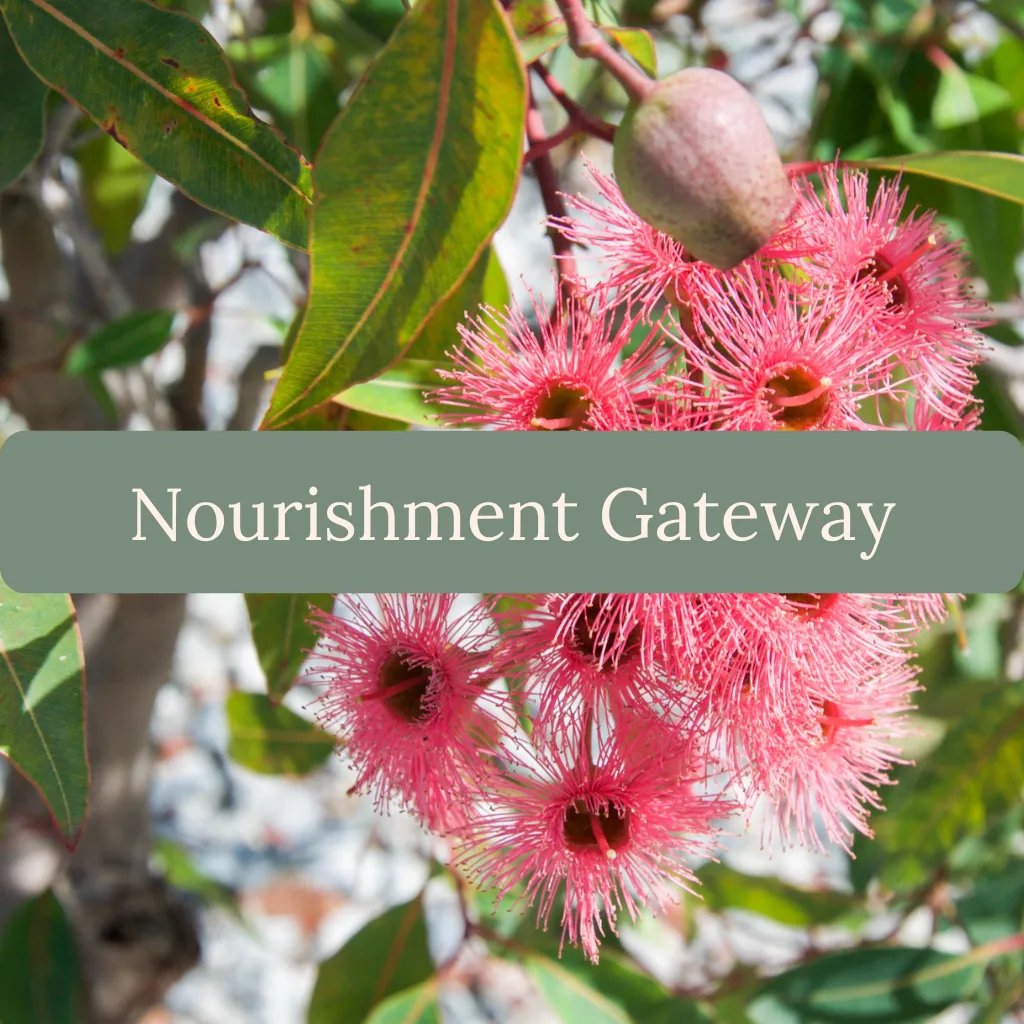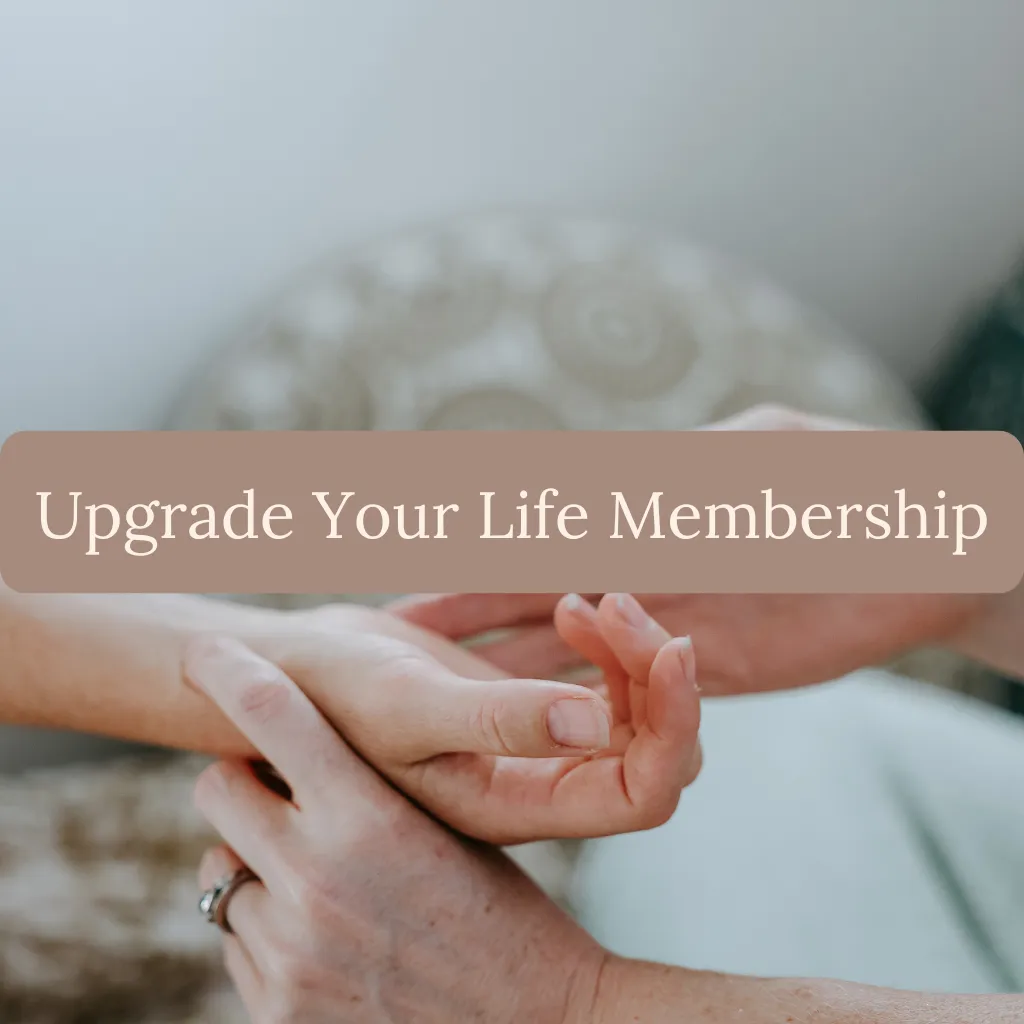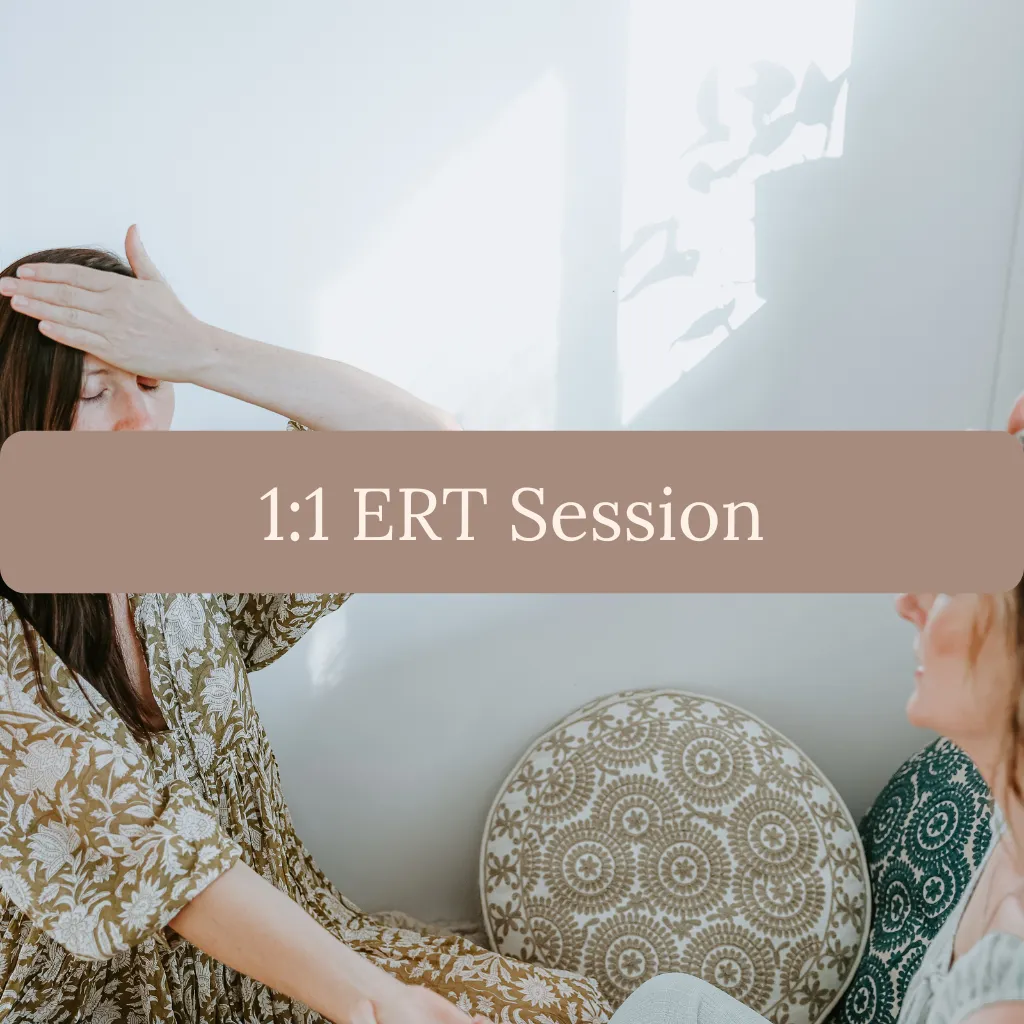How To Regulate Your Nervous System For Better Health
Originally published: 19 June 2024. Last updated: 12 June 2025.
If you’ve been feeling overwhelmed, emotionally reactive, constantly fatigued, or just a bit "off," your nervous system might be crying out for support.
What Does It Mean To Have A Dysregulated Nervous System?
A dysregulated nervous system is one that is stuck in a stress response – fight, flight, freeze or fawn – and finds it difficult to return to a calm baseline. This doesn’t always feel dramatic. It can show up subtly and consistently, wearing you down without you realising that your body is working overtime to keep you safe. Dysregulation does not mean you are in one of those states for a short amount of time. These different states are absolutely normal and even essential workings of our natural body. It is when we are consistently stuck in one or the other and have trouble returning to a base line of rest and digest that dysregulation is happening.
This state of chronic stress puts your nervous system on high alert. You might feel like you’re walking on eggshells, constantly exhausted, or ready to snap at the smallest thing.
Signs Your Nervous System Might Be Dysregulated
There are many different ways to recognise if your nervous system is dysregulate, some are:
Feeling anxious, restless or hypervigilant most of the time
Fatigue that doesn’t shift, even after sleep
Digestive issues like bloating, nausea, or IBS
Emotional outbursts or mood swings
Difficulty falling or staying asleep
A racing heart, tight chest, or tense muscles
Trouble focusing or following through with tasks
Overwhelm in noisy or busy environments
How Nervous System Dysregulation Affects Daily Life
When your nervous system is stuck in overdrive, it affects every aspect of your life:
You might feel disconnected from your kids or partner
You react with irritability or shutdown in moments where you wish you could stay calm
You struggle with consistent routines – food, exercise, rest – because your body is constantly playing catch up
Your joy, clarity and creativity feel dulled or out of reach
It’s like dragging around an invisible emotional backpack. Heavy, exhausting, and hard to explain to others.
What Actually Helps You Regulate Your Nervous System?
Healing doesn’t mean fixing yourself. It means gently and consistently bringing your body back into safety. Here are practices I recommend:
Slow, intentional breathing: Inhale for 4, hold for 4, exhale for 8. This activates the parasympathetic (calming) side of your nervous system.
Mindfulness or daydreaming: Even five minutes a day where you allow your mind to wander or your breath to settle helps reset your stress response.
Movement that matches your current state: High-intensity movement like boxing or running helps if you’re stuck in fight or flight. If you’re frozen or dissociated, start with gentle walking, yoga, or swaying.
Time in nature: Sit in the sun, walk barefoot on the grass, or listen to birdsong. These things really do help your system reset.
Nourishing food: Your nervous system burns through nutrients when you’re under stress. Eat meals that are rich in minerals, protein, and whole foods.
Connection: Be with people who feel safe. Laugh. Hug. Call a friend. Human connection brings your body out of survival mode.
Sleep rituals: Think dim lights, screen-free wind down time, herbal teas, and consistent sleep-wake times. Your nervous system needs routine.
Creative hobbies: Painting, gardening, dancing, singing – they’re not just nice extras. They bring joy and co-regulation to your system.
Create Your Own Resourcing Kit
This is your go-to set of tools to help bring your nervous system back to centre when you feel off balance. Think of it as a list of things that bring your body into safety and calm.
Here’s a peek at mine:
Punching the boxing bag
Stepped breathing or alternate nostril breathing
Lying in the sun
A somatic shower (I hum, sway, massage behind my ears, and imagine emotions washing away)
You don’t need 20 things. Just a few that really work for you and that you can do often. Keep it simple, accessible, and aligned to what your body actually craves.
Why Consistency Matters More Than Perfection
Consistency plays a crucial role in reprogramming your nervous system for better regulation and overall well-being. When it comes to activities like engaging in hobbies or practices that promote relaxation and calmness, regularity is key. It's more beneficial to spend a few minutes every day doing an activity that makes you feel safe and calm than doing a longer session once or twice a week (or less!). This is why it is a good idea to find some things for your resourcing kit that can be done in a couple of minutes rather than something like going for a massage or a sauna (which is lovely but realistically how often are you going to do it?).
Repetition reinforces neural pathways associated with relaxation and positive emotional states. By consistently engaging in activities that promote a sense of safety and calm, you condition your nervous system to respond more effectively to stressors. This regular practice helps to reset habitual stress responses and fosters a more regulated nervous system over time.
This is exactly why I created the Upgrade Your Life with ERT Membership – to provide an ongoing space where you can continue supporting your nervous system and emotional health in a consistent, sustainable way. Inside the membership, you’ll receive weekly group ERT sessions. It's a beautiful way to stay accountable to your healing and give your nervous system the support it needs week after week.
Embracing Harmony
Remember, it’s all about finding harmony between your sympathetic (fight or flight) and parasympathetic (rest and digest) states. It’s perfectly normal to experience stress, but the goal is to be able to return to a state of calm smoothly and easily.
By incorporating these practices into your daily life, you can start to feel more balanced, present, and in control. It's a journey, but each step you take brings you closer to a healthier, more regulated nervous system.
Healing doesn’t have to be hard. But it does have to be consistent. And it helps when someone is walking beside you.




